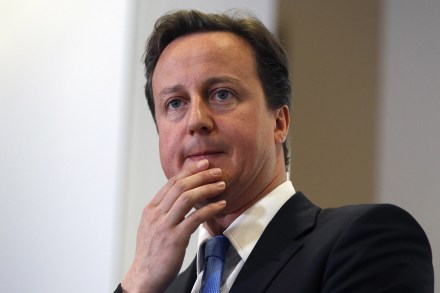The Queen's Speech: full text
Via PoliticsHome: HER MAJESTY’S MOST GRACIOUS SPEECH TO BOTH HOUSES OF PARLIAMENT TUESDAY 25 MAY 2010 MY LORDS AND MEMBERS OF THE HOUSE OF COMMONS My Government’s legislative programme will be based upon the principles of freedom, fairness and responsibility. The first priority is to reduce the deficit and restore economic growth. Action will be taken to accelerate the reduction of the structural budget deficit. A new Office for Budget Responsibility will provide confidence in the management of the public finances. The tax and benefits system will be made fairer and simpler. Changes to National Insurance will safeguard jobs and support the economy. People will be supported into work with


















